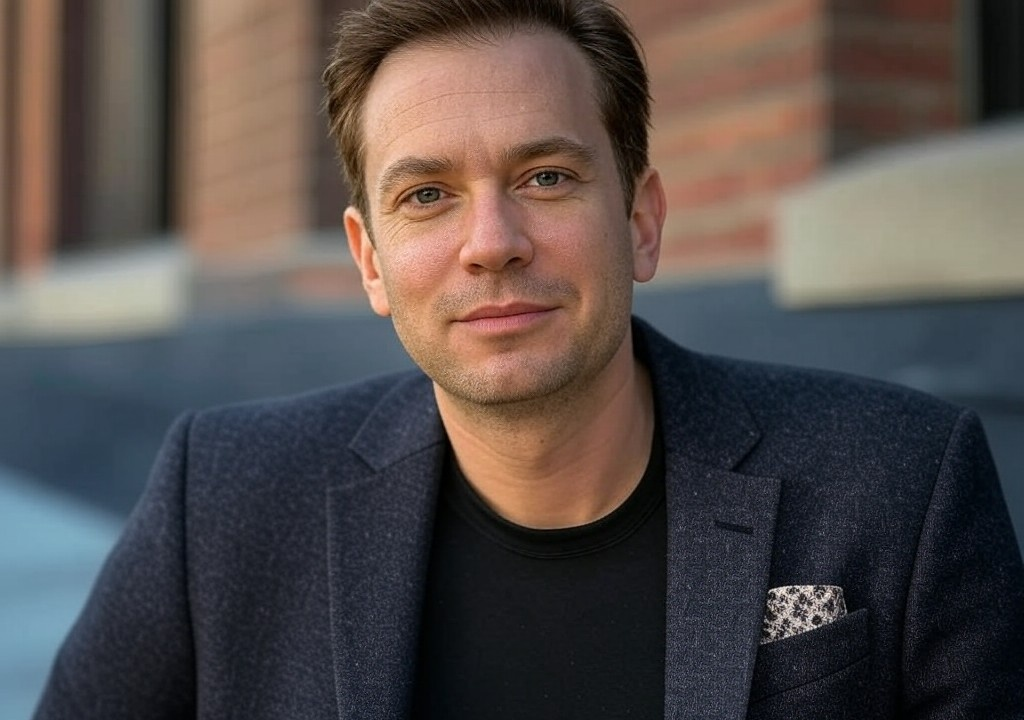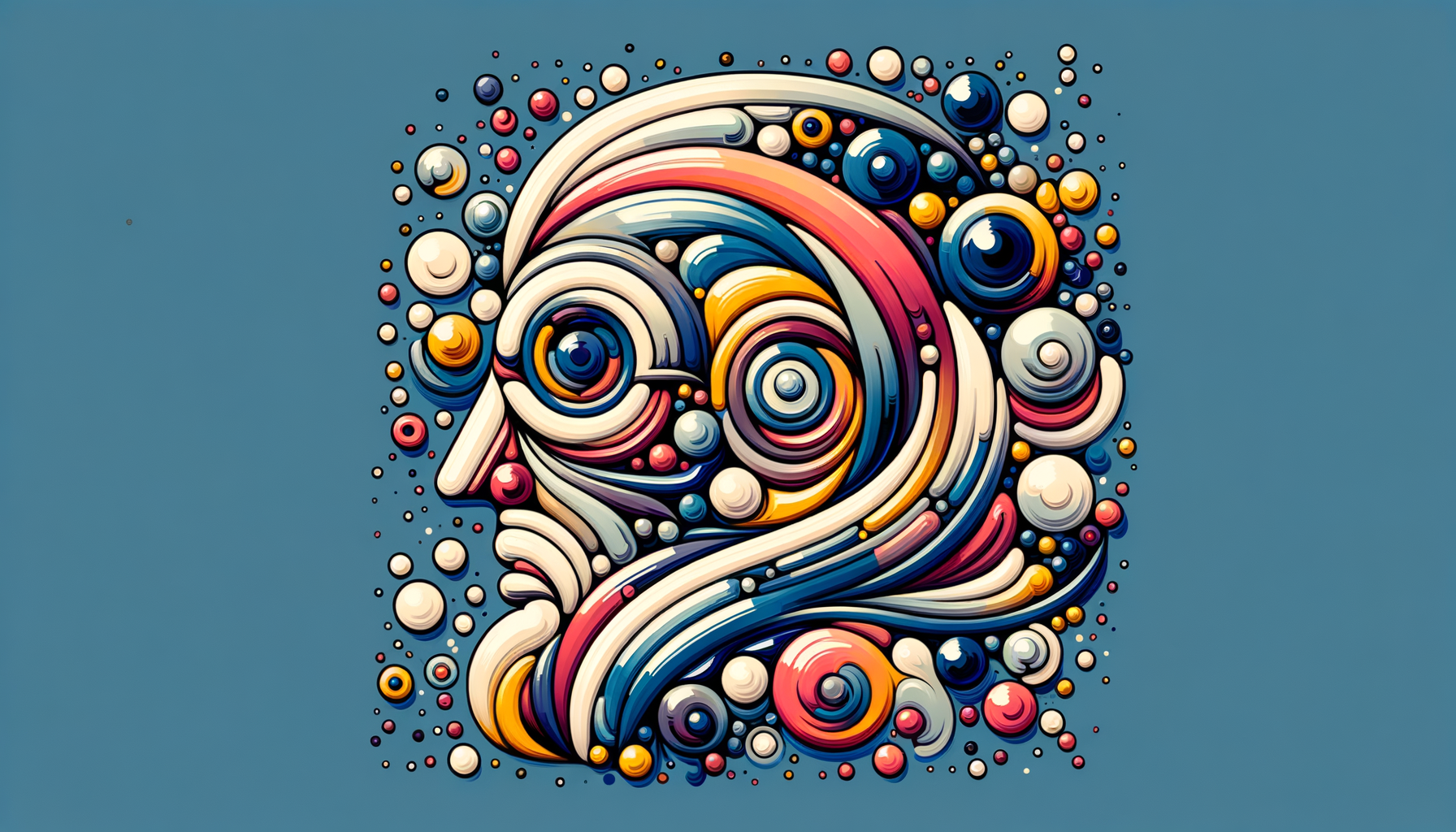Like every good story, this one begins with a character: Aunt Gloria, or as she was known in the family, the “Oracle of Montague Street.” My aunt, a lifelong Brooklynite and self-proclaimed sage, was the cornerstone of every family gathering, doling out unsolicited advice that felt part poetry slam, part TED Talk. Whether she was dissecting the ending of The Graduate or warning about the perils of dating someone who “doesn’t have a favorite novel,” Gloria had wisdom dripping from every syllable, along with just a dash of sass.
Growing up in a family that could pass a debate on the morality of Jay Gatsby around the dinner table like mashed potatoes, I absorbed a worldview shaped by eclectic characters, dramatic storytelling, and the lesson that love—like a well-made marinara sauce—always demands patience, layering, and a pinch of something unexpected.
The Chapter Where Family Became Myth
Every family has its own mythology, and mine was no exception. According to Gloria, our lineage traced back to a dashing stowaway from Marseille who charmed his way into America aboard a merchant ship, armed with nothing but a French-English dictionary and a knack for card tricks. Was this true? Does it matter? It was romantic enough to stick, and it taught me that believing in magic—real or invented—keeps life interesting.
This flair for dramatics carried through to modern-day traditions. Take the time my mom attempted to teach me her “Foolproof 5-Date Recipe Theory.” According to her, anyone worth spending more than five dates with should pass three crucial tests: 1) They must know how to eat spaghetti without embarrassing themselves. 2) They should ask a stimulating “what if” question by date three. And 3) They need to be kind to strangers, especially waitstaff. It was food philosophy meets rom-com repartee, and it shaped the way I viewed connection—authenticity, curiosity, and kindness were the holy trinity.
Aunt Gloria’s Ph.D. in Love (Unofficial)
A defining element of my childhood was watching family gatherings morph into masterclasses on human relationships hosted by Aunt Gloria herself. She was a Brooklyn Heights legend, trailing perfume that smelled faintly of jazz clubs and good decisions. Gloria always said, “If you can’t tell a good story, how will anyone believe you’re capable of living one?” This advice doubled as a mantra for dating and for life.
One Thanksgiving, she laid into my cousin Miles—who had just introduced us to yet another girlfriend who looked suspiciously interchangeable with the last three. Gloria cornered him by the stuffing and asked, “Miles, does she laugh at your jokes, or just at your paycheck?” Nobody recovered. But the point stuck. Love should be reciprocal, not transactional. Find someone who sets fire to your sense of self-worth, not your Venmo account.
More importantly, Gloria reminded me—and anyone else in earshot—that love is funny because people are funny. Embrace the quirks, the oddities, the ineffable rhythm of someone who doesn’t always match your steps but makes the dance fun anyway. In her words, “You’re not shopping for compatibility like it’s throw pillows on sale.”
The Tradition of Generational Wisdom
On the surface, we seemed like any other family trying to figure out how to love and connect—a family of big hugs, bigger arguments, and even bigger opinions. But my family understood that relationships are messy, unedited stories—and that makes them the best kind of stories.
One standout character was my grandfather, Poppy, who married the love of his life, my grandmother June, three weeks after meeting her at a Brooklyn Dodgers game. Legend has it, their first “date” was a post-game stroll around Ebbets Field, where Poppy boldly declared, “June, I think you and I should spend the rest of the innings together.” Corny, right? Yet also somehow irresistible. Their marriage lasted 55 years.
But what stayed with me most wasn’t the romance—it was their humor. If you ever saw them, you’d know they bickered with the energy of a long-running sitcom, poking fun at each other’s missteps and quirks. It wasn’t toxicity but intimacy—a shorthand built on trust. The takeaway? Good relationships don’t avoid conflict; they survive it, weaving even the arguments into the fabric of affection.
Lessons for Modern Love
Every family passes down something—recipes, heirlooms, maybe grudge lists that span decades. Mine passed down lessons about love that I carry into my relationships and friendships to this day.
Here’s what my family lore has taught me:
-
Be interesting, but more importantly, be interested. Aunt Gloria always said, “No one remembers someone who played it safe.” What she meant is that a connection, romantic or otherwise, thrives on curiosity. Ask better questions. Be genuinely intrigued by someone’s answers. Listen not to reply but to understand.
-
Humor makes everything better. Whether it’s a family crisis, an awkward first date, or just someone spilling wine at dinner, laughter keeps us from falling apart. It’s the scaffolding for human connection, a bridge between nervous smiles and real ones.
-
Patience isn’t passive—it’s an investment. Watching Poppy peel oranges for June every morning taught me that love often resides in the small, quiet gestures over time. It’s not about grand swooping declarations (although those are nice) but about showing up every day, best foot forward.
-
Know when to edit, but don’t cut the story short. Relationships, like writing, need revision. But as my mom’s Foolproof Recipe Theory hinted, sometimes clarity—whether it’s moving forward or letting go—only comes after you’ve marinated in the experience.
-
Never, under any circumstances, date anyone who brings up Ayn Rand more than twice in casual conversation. This is non-negotiable advice from Aunt Gloria. Trust me.
A Closing Worth Repeating
From the Oracle of Montague Street to Poppy and his baseball romance, my family taught me that love isn’t about getting everything right. It’s about showing up, staying curious, and, when things fall apart, knowing how to laugh about it over pasta. Whether it’s your chosen family or the one you inherited by birth, the people you surround yourself with will inevitably shape how you build relationships.
So, here’s my advice: Take the stories your family gives you—the dramatic, the hilarious, the wildly untrue—and carry them forward. Turn them into tools to navigate your own love stories, because whether you’re in the “flirt” stage or working toward something more familiar, it’s the stories we build that connect us in the end. And if you ever meet someone who doesn’t have a favorite novel? Well, consider what Gloria might say and proceed with caution.




















